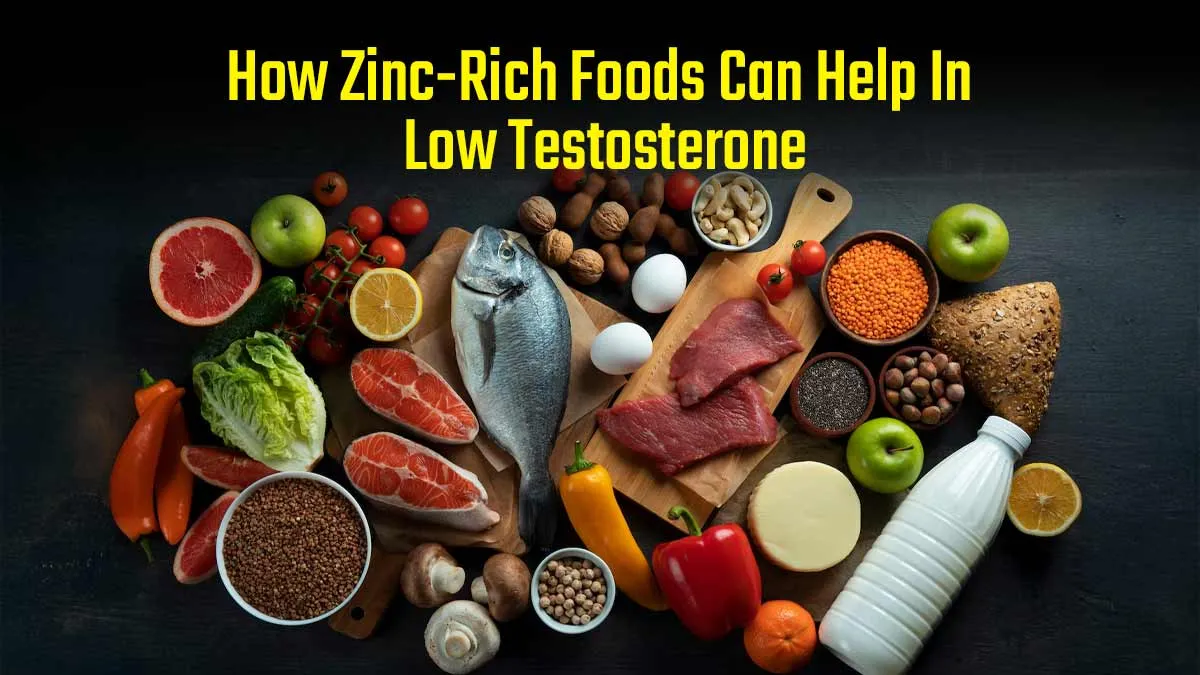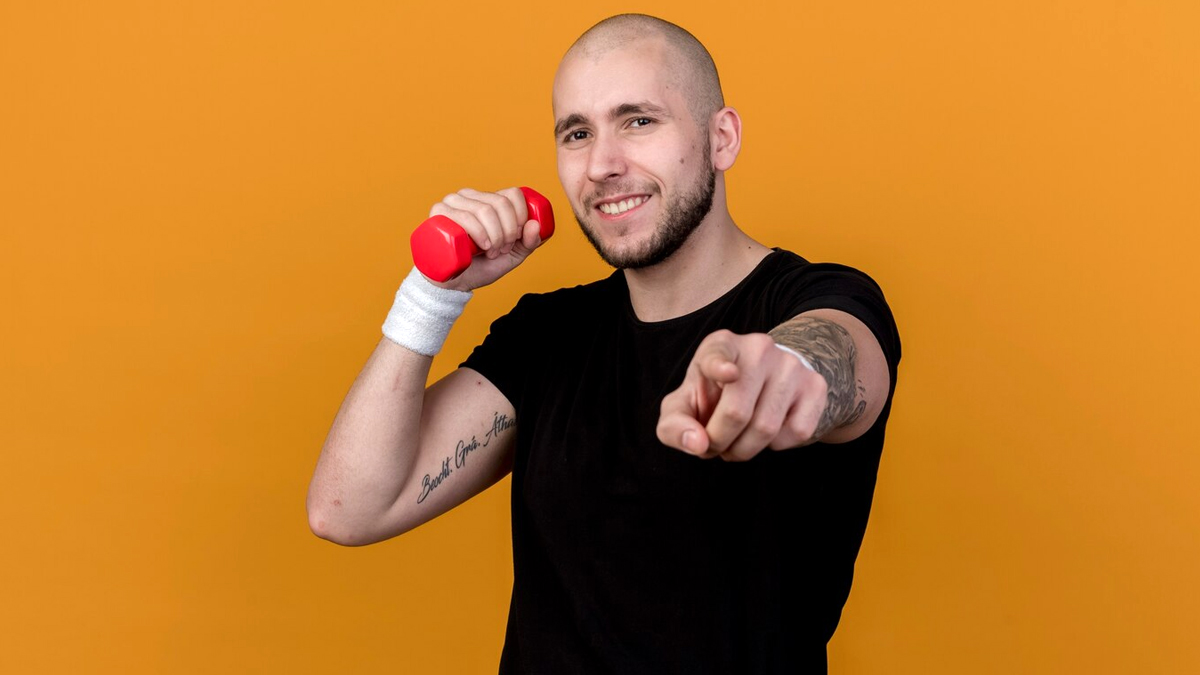
Struggling with fatigue, low libido, or unexplained mood swings? You might be among the millions of men silently battling low testosterone levels. Often overlooked, this hormonal imbalance can impact muscle mass, energy, and overall well-being. While ageing and lifestyle factors play a role, research highlights a surprising hero in this story: zinc. This essential mineral is a key player in testosterone production, yet many people don’t meet their daily needs. Studies suggest that inadequate zinc intake can slash testosterone levels by up to 70%, worsening symptoms. The good news? Simple dietary tweaks and smart supplementation can help you reclaim balance.
Table of Content:-
The Zinc-Testosterone Connection: Insights from Experts
View this post on Instagram
Dr Rebecca Pinto, Founder - Rebecca's Physiotherapy, Mumbai, emphasises zinc’s critical role in men’s health. “Your testosterone could drop by 70% due to low zinc levels, and you might not even realise why,” she explains. “Zinc isn’t just a mineral—it’s a lifeline for hormone health. Since your body can’t store it, you need 25–40 mg daily through food or supplements.”
Testosterone production relies heavily on zinc. It aids in regulating luteinising hormone, which signals the testes to produce testosterone. Without enough zinc, this process falters, leading to hormonal imbalances.
How Zinc Boosts Testosterone: The Science Simplified
- Supports Hormone Synthesis: Zinc activates enzymes needed for testosterone production.
- Reduces Inflammation: Chronic inflammation lowers testosterone; zinc’s anti-inflammatory properties counter this.
- Protects Cells: As an antioxidant, zinc shields testosterone-producing cells from damage.
A 2022 study in the Journal of Nutritional Biochemistry found that men with zinc deficiencies had 70% lower testosterone levels than those with adequate intake. After 6 weeks of zinc supplementation, their levels rose significantly.
ALSO READ: Fitness Trainer Behind Anant Ambani’s Weight Loss Reveals 3 Age-Reversing Diet Tips
Top Zinc-Rich Foods to Add to Your Diet
-1742892591372.jpg)
Dr Pinto advises focusing on whole foods first:
- Oysters: Just 3 ounces provide 74 mg of zinc (over 600% DV!).
- Beef/Lamb: A 3-ounce serving offers 7–8 mg. Opt for grass-fed cuts.
- Pumpkin Seeds: A handful (1 oz) packs 2.2 mg—perfect for salads or snacks.
- Egg Yolks and Dairy: Easy additions to daily meals, providing 1–2 mg per serving.
- Food isn’t just fuel—it’s medicine. These choices don’t just boost zinc; they’re packed with protein and healthy fats for overall vitality.
Choosing the Right Zinc Supplements
When diet falls short, supplements can bridge the gap. Dr Pinto recommends:
- Zinc Picolinate: Highly absorbable—ideal for quick results.
- Zinc Citrate: Gentle on the stomach and great for gut health.
- Zinc Gluconate: A mild option for sensitive digestive systems.
- Pro Tip: Take zinc with food to avoid nausea, and pair it with vitamin C for better absorption.
Practical Tips to Maximise Zinc Intake

- Mix & Match: Combine zinc-rich foods (e.g., beef stir-fry with cashews).
- Avoid Overcooking: Steam or sauté veggies to preserve zinc content.
- Limit Alcohol: Excessive drinking depletes zinc stores.
ALSO READ: Is Potassium in Coconut Water Good for Your Health? Expert Bursts the Myth
Conclusion
If low testosterone is weighing you down, don’t ignore the power of zinc. This simple mineral could be the missing link in restoring your energy, strength, and overall well-being. By adding zinc-rich foods to your plate or choosing the right supplement, you take a proactive step toward better hormonal health. Always listen to your body and consult a healthcare professional if symptoms persist.
Also watch this video
Read Next
Pumpkin Seeds Are Good for Diabetics: Here Are Their Benefits and How to Add Them to Your Diet
How we keep this article up to date:
We work with experts and keep a close eye on the latest in health and wellness. Whenever there is a new research or helpful information, we update our articles with accurate and useful advice.
Current Version